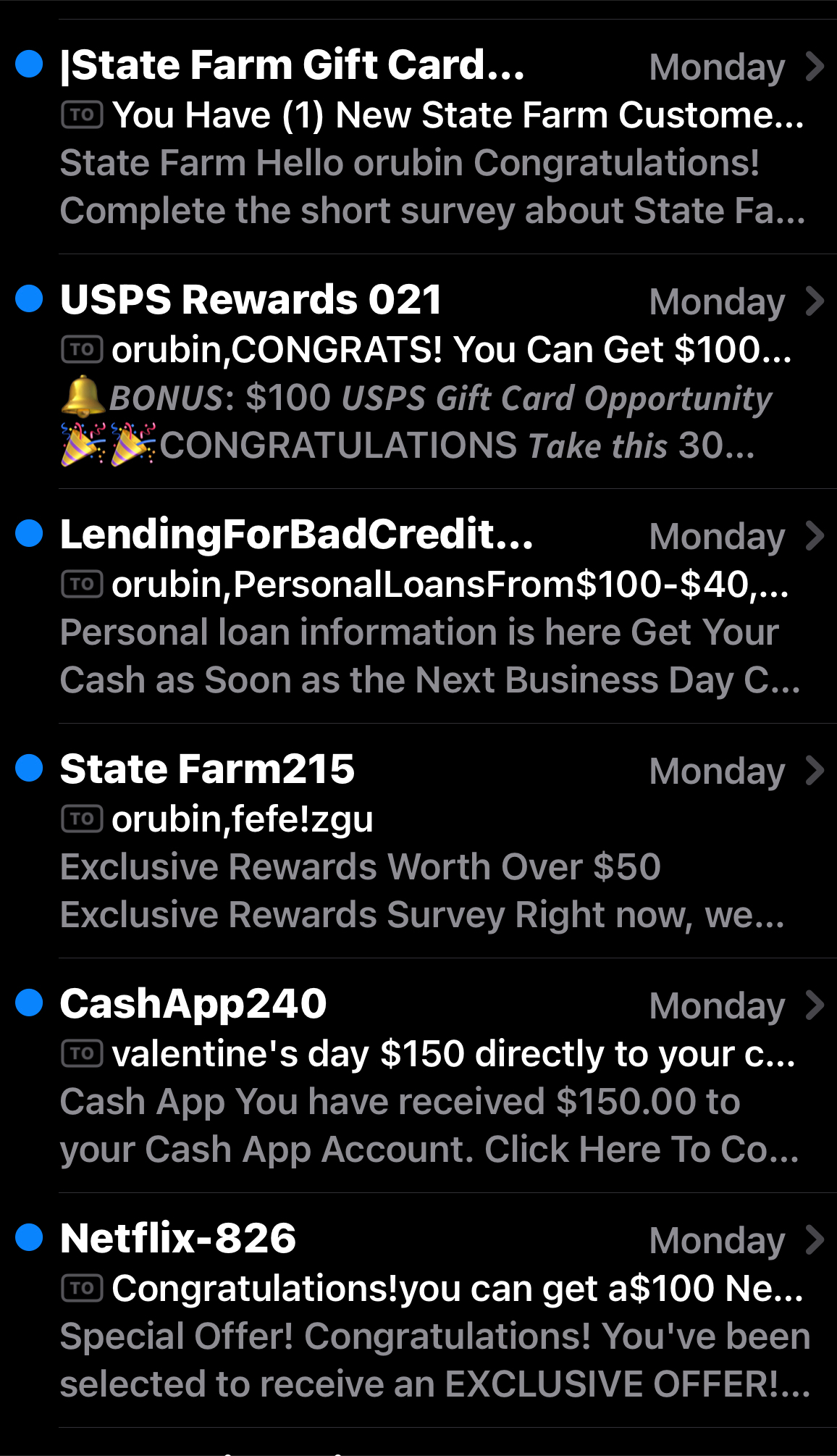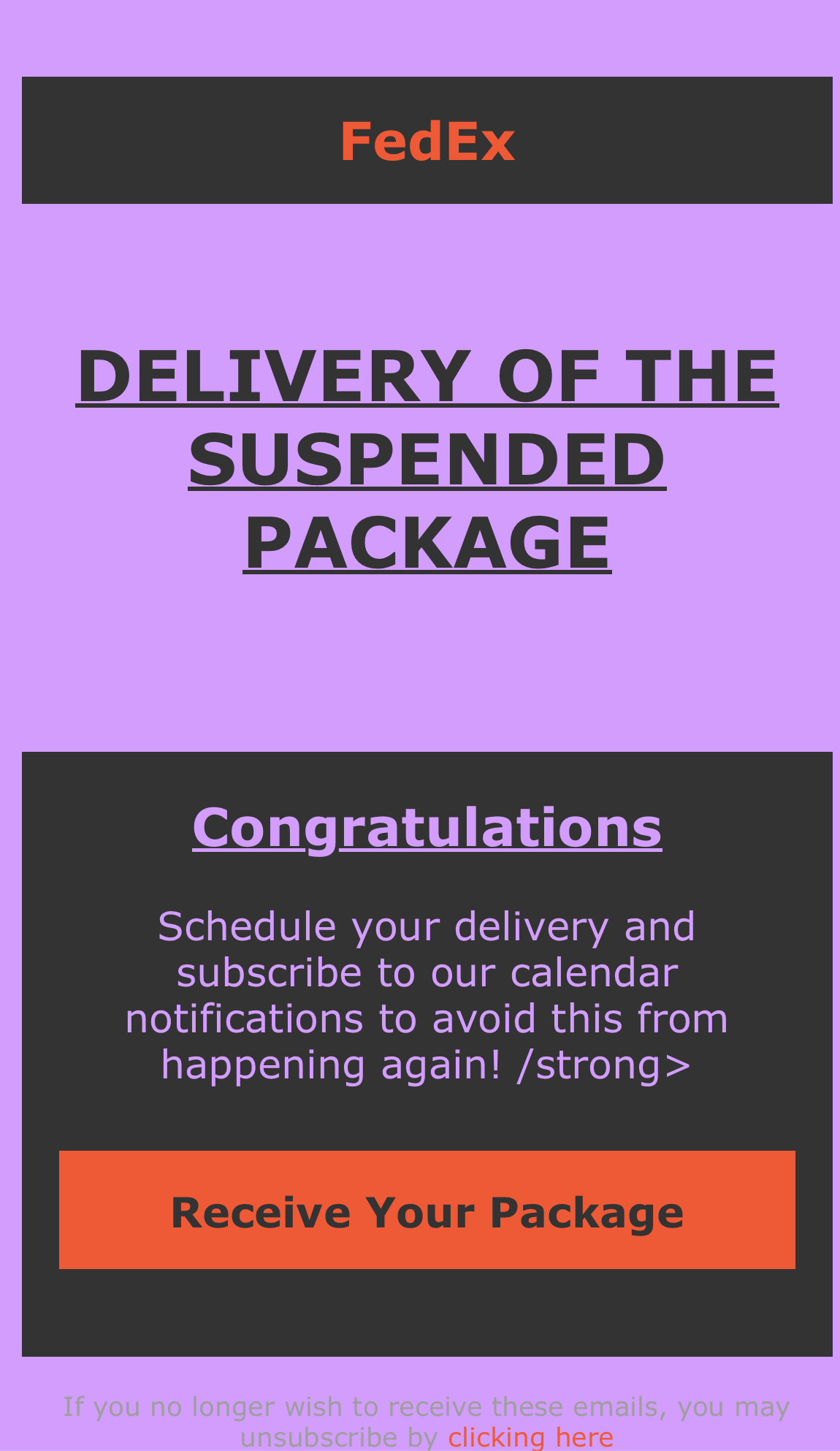How can I tell if an email is safe before I open it?
Best answer by MajorHavoc
What system are running on? Windows or Mac. They each have their own ways to view detailed info about an email.
While an anti-virus program like WebRoot can help protect you from rogue programs that may be attached to emails, the real answer here is to educate yourself, and not be caught by scams.
You can start here: https://www.cisa.gov/uscert/sites/default/files/publications/emailscams_0905.pdf
Webroot may also have some documents on avoiding scam email. Like this one:
or this one:
https://www.webroot.com/us/en/resources/tips-articles/computer-security-threats-phishing
In general:
If you do not know who the email is from, be cautious. If it looks like it is from someone you know, but not content you would expect, you can look at the return address (which can be spoofed) or even better, look at the email headers (In apple mail, go to view, message, all headers) and you can see where an email came from. There is a lot of text in there, but you can poke through it and look for authentication messages that show if it truly came from the place you expected it to come from.
Also, making an email look like it came from yourself is a common scam asking for money claiming to have broken into your accounts.. It is VERY simple to do that, and most likely it is bogus. If you are concerned, go change your email passwords.
If from a sender you do not know, I recommend not opening it.
As for the more obvious ones: Did you enter a contest? if not, the “you won” message is probably bogus. Are you receiving a bill from someone, or an invoice for something they said you just got charged for? DO NOT answer the message, but rather, go to the merchant’s website directly (do not click on any links in the email) and look to see if the something mentioned was something you ordered. No one is sending you money, you did not win the lottery, a prince is not going to give you money of you help him, etc, etc. You can also wait a few days, because most spam messages will repeat multiple times. That is a good sign it is bogus.
AND DO NOT REPLY to bogus messages. DO NOT UNSUBSCRIBE from things you did not subscribe to. That is a way for the bogus email to prove you are a real email address, and your SPAM messages will increase 100 fold.
Login to the community
No account yet? Create an account
Enter your E-mail address. We'll send you an e-mail with instructions to reset your password.







